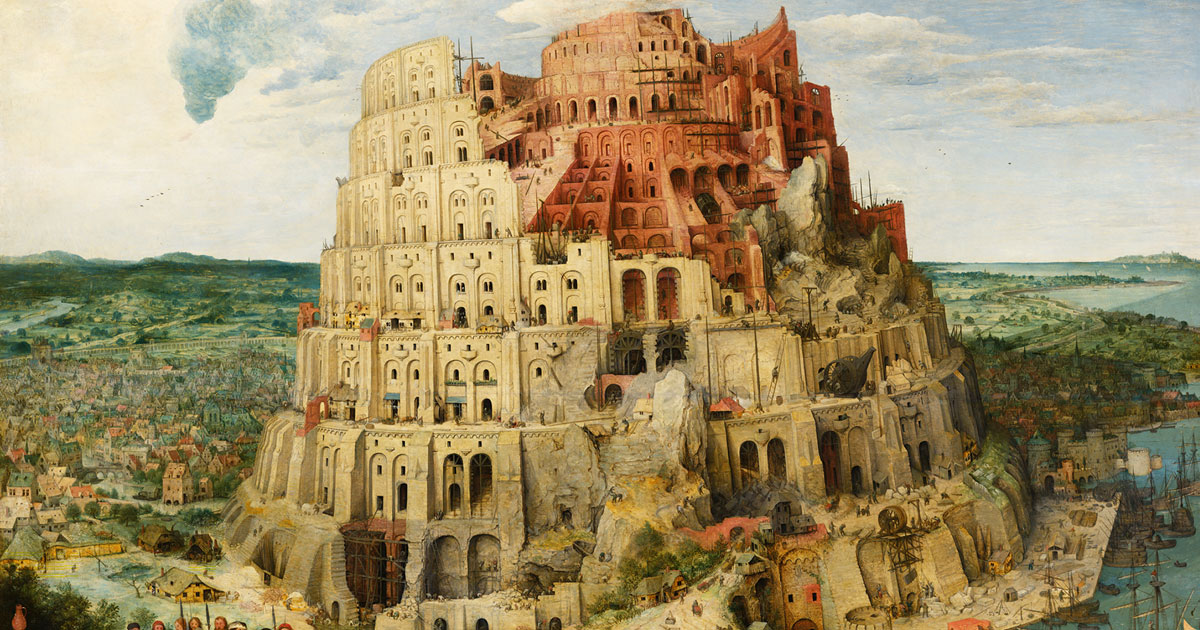

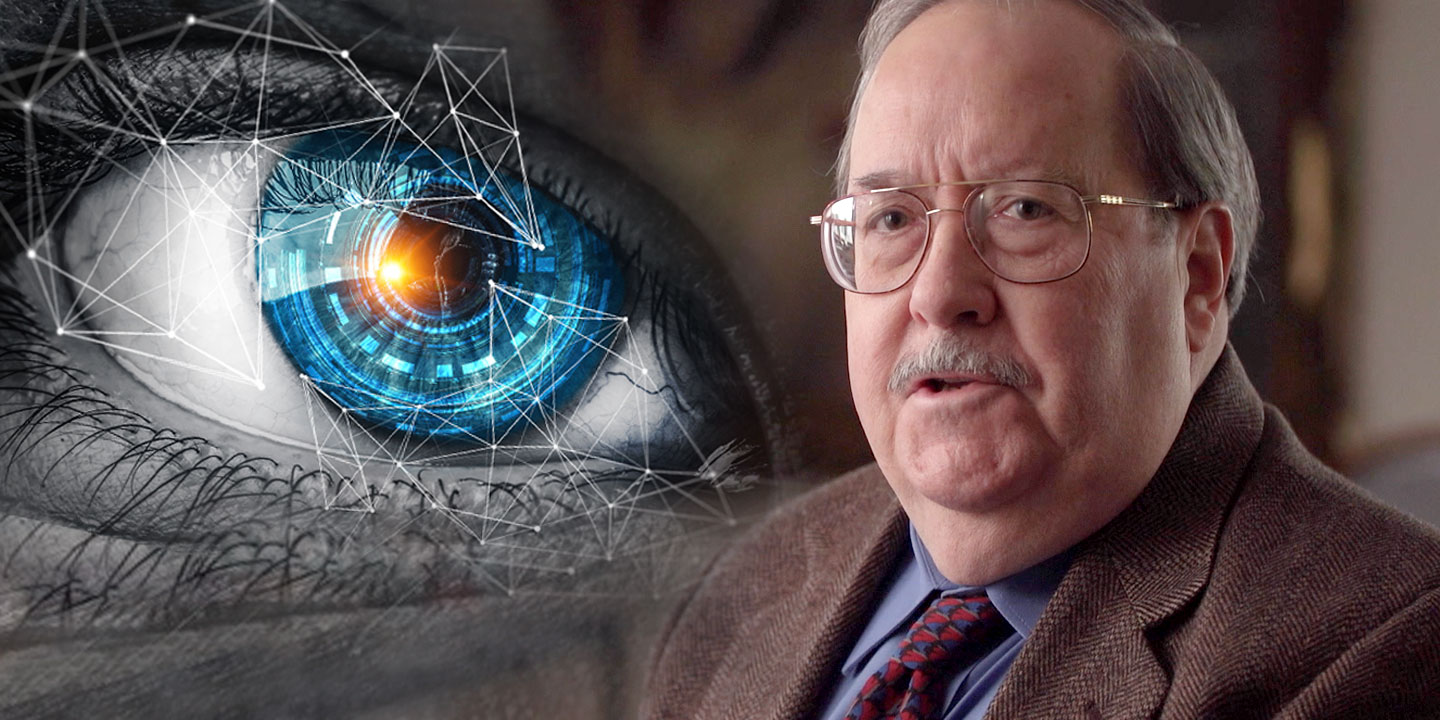
Jonathan Wells Evaluates Darwinian Evolution in New Online Course
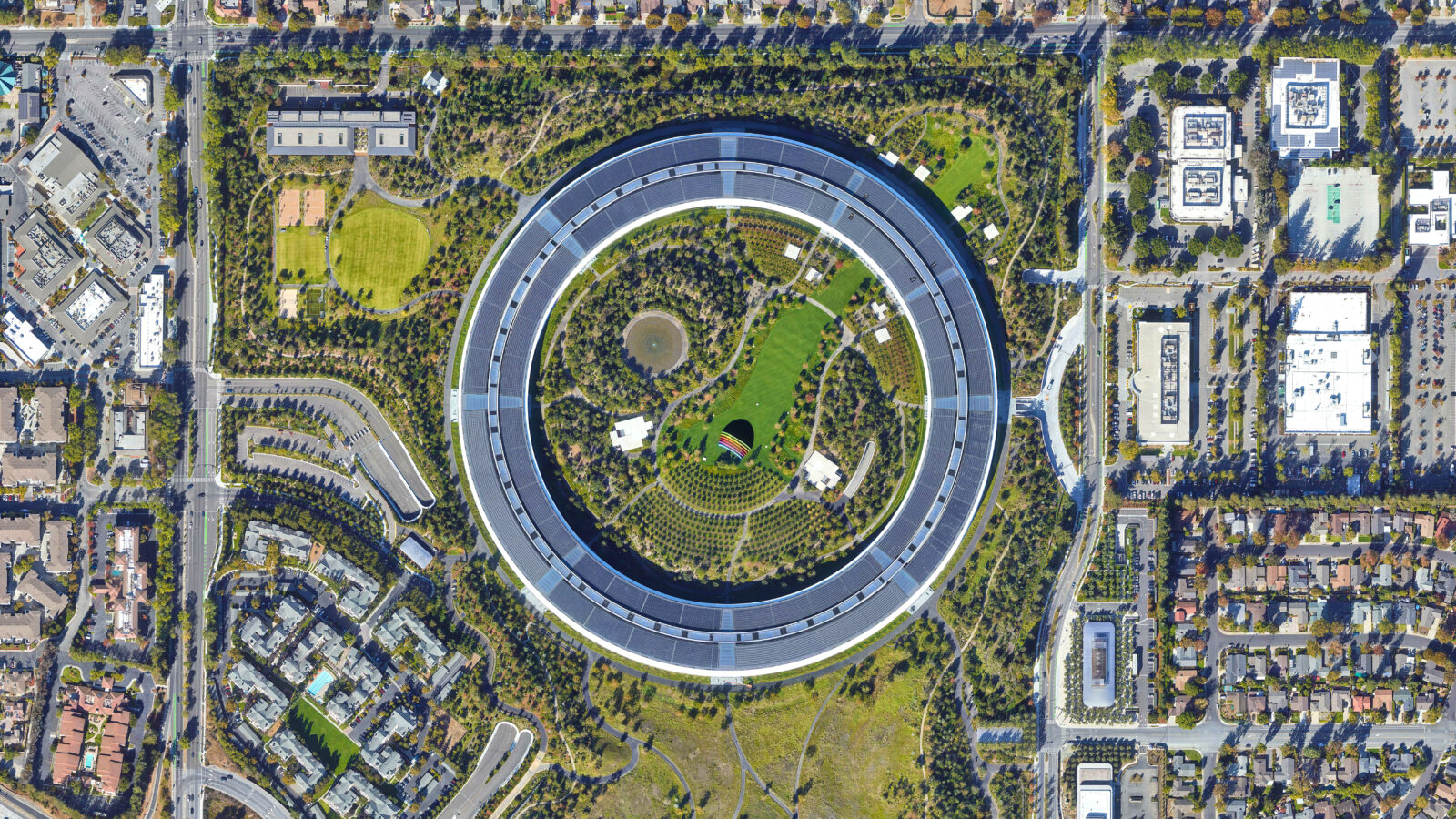
Carbon Valley Trumps Silicon Valley
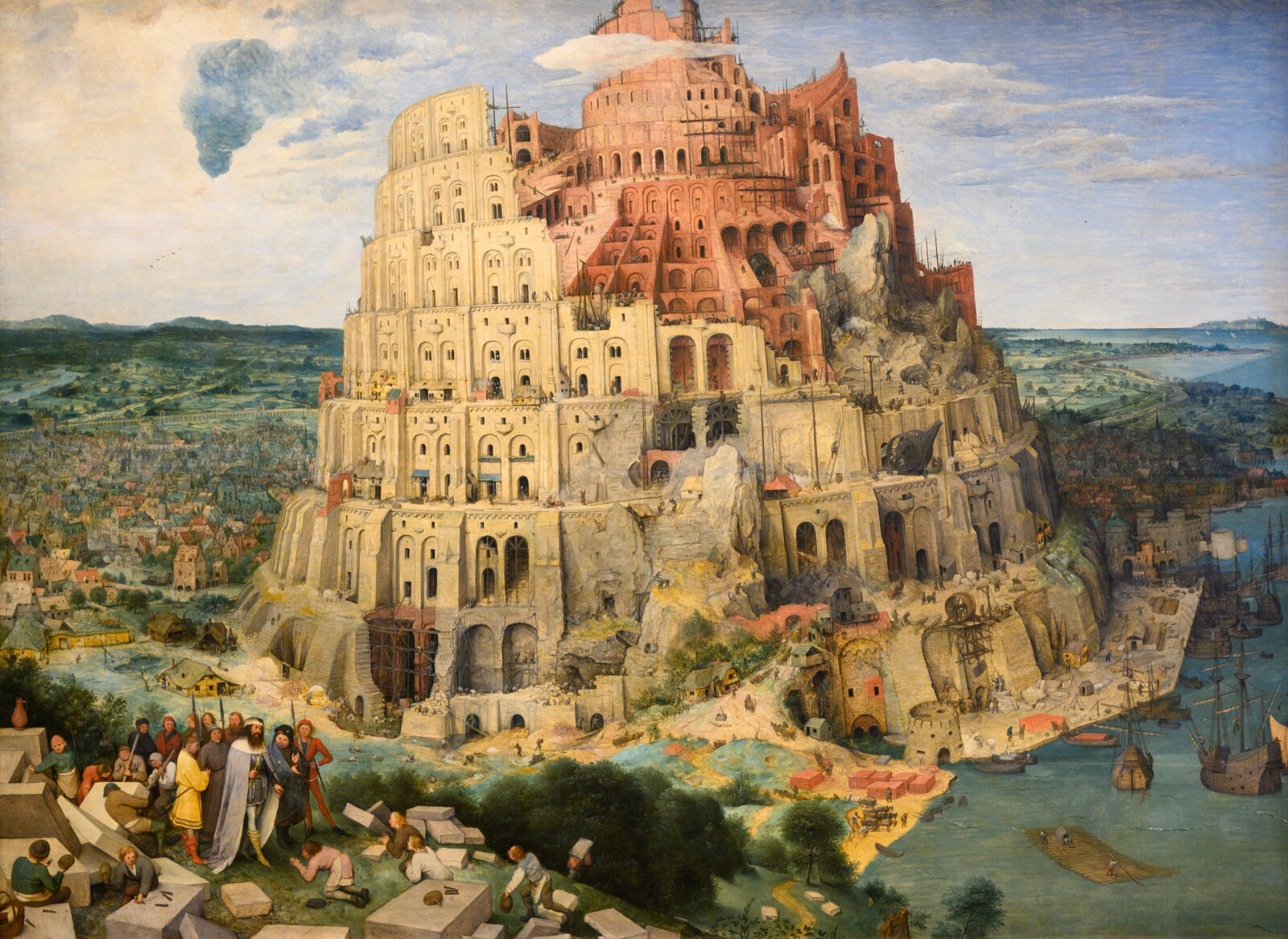
David Berlinski on His New Book, Science After Babel
On today’s ID the Future, host Andrew McDiarmid rings up Science After Babel author David Berlinski in Paris to discuss the philosopher’s latest book. Berlinski is at his cultivated best as the two discuss everything from the biblical Tower of Babel as a metaphor for modern materialistic science, to his friendship with the brilliant and colorful French intellectual Marcel Schützenberger, a world-class mathematician who was self-taught and, as we learn here, came within a hair’s breadth of being swept up in the Chinese Revolution. Berlinski also reflects on the seminal 1966 WISTAR symposium, which laid out some mathematical challenges to Darwinism, challenges that Berlinski says remain unanswered to this day. At the same time, Berlinski gives the devil — here Read More ›

How Faith Can Improve Rigor and Creativity in Scientific Research
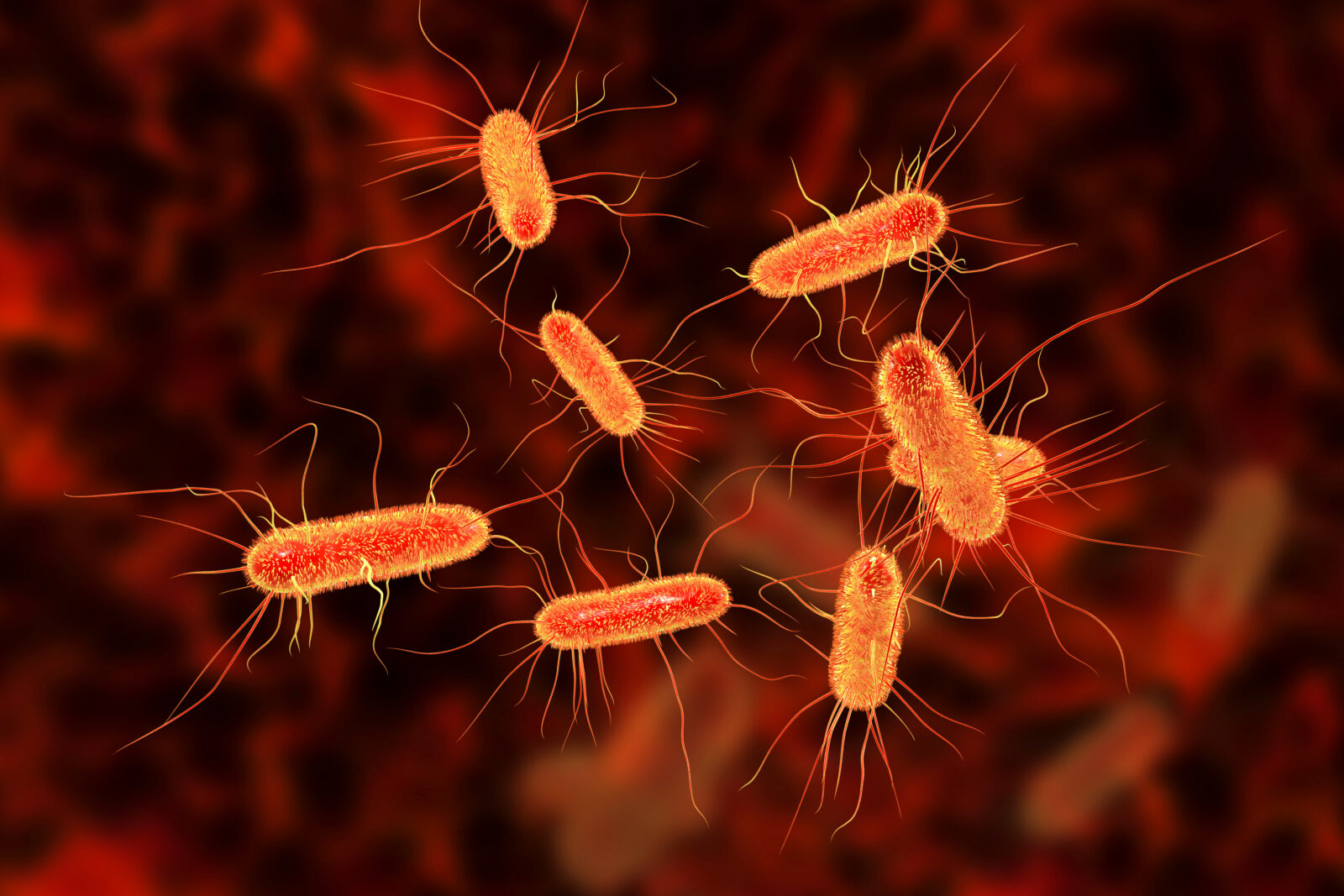
Engineering and Evolution in the Microbial World

Stephen Meyer: Has the West Forgotten God?
In today’s ID the Future philosopher Stephen Meyer revisits Aleksandr Solzhenitsyn’s Templeton Prize speech from May 10, 1983, where Solzhenitsyn indicted the West for forgetting God. Meyer argues that Solzhenitsyn’s indictment is more timely than ever. But at the same time, there is today more scientific evidence than ever for the existence of a personal God, Meyer says, and the argument from intelligent design is a powerful means to awaken individuals to the presence of God and to renew culture. Meyer goes on to support those claims with concrete examples. Today’s episode is taken from a talk Dr. Meyer gave at the 2023 Dallas Conference on Science and Faith. Meyer is author of the bestselling book Return of the God Read More ›
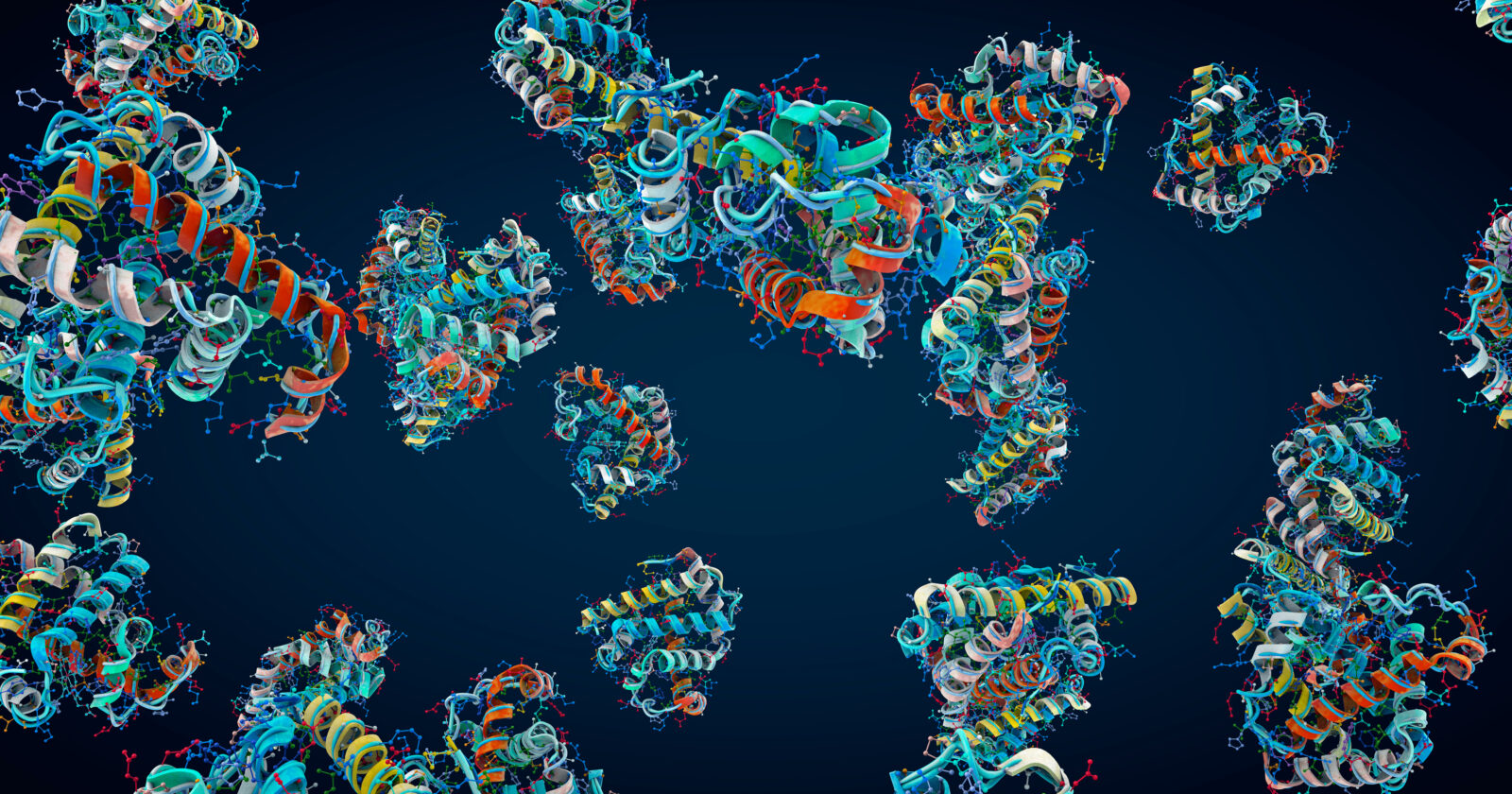
Protein Evolution, The Waiting Times Problem, and the Intriguing Possibility of Two First Parents

A PhD Evolutionary Biologist on Why He Embraces Intelligent Design
